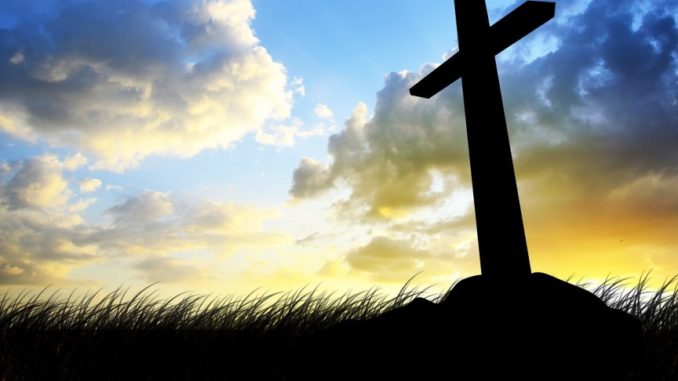
Why do we celebrate Easter?
Answer: Easter is celebrated in countries throughout the world. For some, the traditional festivities center on welcoming the spring season, whereas in other countries the festivities are more religious in tone. For many, Easter is simply a cultural holiday, a time to enjoy other people and eat festive food. Church attendance might be part of the Easter celebrations of many, even if such religious observance is not a regular part of their lives. For many Christians, Easter is a celebration joyfully anticipated throughout the year. It is often a time when those who don’t know Jesus Christ become curious about who He is. Easter is a time when it might feel easier to share the good news of the salvation He brings. It is also a corporate celebration of the reality of Jesus’ resurrection and the life we have in Him. Though we celebrate that reality all year long, Easter is a special time of remembering.
How is the date for Easter determined?
Answer: The four Gospels make it clear that Jesus was crucified in conjunction with the Jewish Passover (Matthew 26:17-19; Mark 14:12-16; Luke 22:7-15; John 18:28,39; 19:14). The four Gospels also make it clear that Jesus was raised from the dead three days later, on the first day of the week (Matthew 28:1; Mark 16:2,9; Luke 24:1; John 20:1,19). Biblically speaking, then, Christ’s resurrection should be celebrated on the first Sunday after the Jewish Passover meal. However, this is not the case. Easter is celebrated on the first Sunday after the first full moon after the vernal equinox (March 21 in 2008, the first day of spring). This method of determining the date of Easter often results in Easter being before Passover and/or displaced far from Passover. Easter can potentially be observed anywhere between March 22 and April 25.
In church history, there was a significant amount of debate that went into determining when Easter would be observed. As a background, please read our article on the origins of Easter. Dating Easter in conjunction with the vernal equinox and full moon had nothing to do with the biblical account of Christ’s resurrection or the Passover. It was pagan practices, such as the spring fertility goddess rituals that the Catholic Church “absorbed” and attempted to Christianize, that resulted in Easter’s being linked to the vernal equinox and the full moon. The only thing that is biblical regarding when Easter is now observed is the fact that Easter is always on a Sunday.
The Bible does not instruct Christians to set aside a day to celebrate Christ’s resurrection. At the same time, the resurrection is most assuredly worth celebrating (1 Corinthians chapter 15). Celebration of Christ’s resurrection, then, is a matter of Christian freedom. Christians are free to celebrate the day of Christ’s resurrection and are free to refrain from celebrating. Since it is a matter of Christian freedom and not a biblical command, it would seem that there is also freedom as to precisely when the celebration of Christ’s resurrection is observed. Just as with Christmas, the exact date is not important. It is the fact that Christ was resurrected that is important. Christians are free to follow the traditional dating system for Easter, thereby observing Easter on the first Sunday after the first full moon after the vernal equinox. At the same time, the lack of conjunction with Passover and the questionable (at best) motives for the method of scheduling Easter make it highly doubtful that Christ’s resurrection is being celebrated according to the biblical calendar.